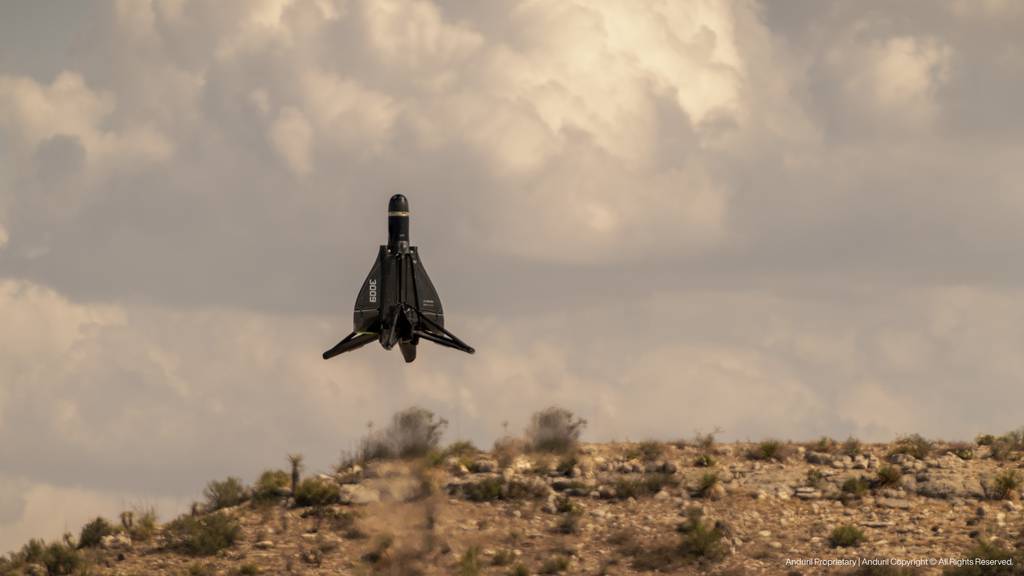France’s Naval Group wins $6 billion Dutch submarine project
PARIS — The Netherlands has picked France’s Naval Group to build four attack submarines in a project worth €5.65


PARIS — The Netherlands has picked France’s Naval Group to build four attack submarines in a project worth €5.65 billion (U.S. $6.17 billion), beating offers from Germany’s ThyssenKrupp Marine Systems and Sweden’s Saab Kockums in cooperation with Dutch shipbuilder Damen.
Naval Group will provide a conventionally powered version of its Barracuda submarine to replace the Royal Netherlands Navy’s four Walrus-class attack submarines, the first of which the service retired in October.
The French shipbuilder will be asked to deliver the first two vessels within 10 years after signing the contract, the Dutch Defence Ministry said in a statement Friday.
The contract will include a “substantial role” for Dutch industry, which was a key requirement, Dutch State Secretary of Defence Christophe van der Maat said in a post on X, formerly known as Twitter.
The Netherlands has embarked on a spending spree to replace its major naval combatants, and in addition to the submarines it plans to start construction on more than 20 surface vessels in the next decade for an investment of more than €11 billion. For the submarine offer, the Dutch were seeking an expeditionary vessel that can operate in the country’s overseas territories.
“The vessels offer increased strike power and enhanced operational capabilities, and will therefore be deployable worldwide for various types of missions,” Chief of Defence of the Netherlands Gen. Onno Eichelsheim said in a post on X.
The delivery contract will be signed after the tender assessment undergoes debate in parliament. The government has faced criticism for the potential choice of Naval Group, with some lawmakers saying the company would favor French jobs over the Dutch naval construction industry.
The choice of Naval Group will provide the Netherlands with ocean-going submarines “of the highest global standards,” the French government said in a statement following the Dutch announcement. It said a French-Dutch partnership will accompany the program over the long term and help strengthen bilateral defense cooperation.
The Netherlands had requested proposals from the three candidate yards in November 2022 for four long-range, conventionally powered submarines. The investment budget to replace the country’s submarine capacity is €5.65 billion through 2039, which includes a delta for exploitation and project risk reserve, the Defence Ministry wrote in a report to parliament.
France operates a nuclear-powered version of the Barracuda class, and in 2020 the country estimated the cost of the program to build and operate six submarines in the class at €10.4 billion, up from €8.6 billion in 2010. Naval Group in July last year launched the Tourville, the third vessel of six planned for the French Navy.
The Dutch naval force this month announced plans to order four new air defense frigates for more than €3.5 billion from Damen and Thales. The Defence Ministry also intends to buy six amphibious transport vessels at a cost of €1 billion to €2.5 billion to replace two landing platform docks and four ocean-going patrol vessels, working with Damen on the project.
Dutch defense forces have a constitutional obligation to protect the kingdom, including its faraway Caribbean territories, meaning the country requires its submarines to have long ranges and be logistically independent. The existing Walrus class can operate in relatively shallow and narrow waterways compared to nuclear subs, and it fulfills an “internationally appreciated niche capacity,” the ministry wrote in a March 2023 report to parliament.
“Similar to their predecessors, the new boats will be relatively small, which will allow them to also operate in shallow waters,” the ministry said. “Nevertheless, because they will be larger than submarines that are designed to remain close to home base, the new boats will be able to operate independently far from home for extended periods of time.”
That combination of size and reach is rare, and means the Royal Netherlands Navy’s submarines are “highly regarded” within NATO, the ministry said.
The four new submarines will represent a considerable improvement in design, and the ability to launch cruise missiles will “substantially” increase striking power, according to the ministry. The Netherlands plans to equip the new subs with RTX’s Tomahawk cruise missiles for a maritime strike capacity, something the Walrus class lacks.
The Dutch also studied the French MdCN naval cruise missile and considered the range insufficient compared to the Tomahawk’s more than 1,000 kilometers (621 miles). The ministry previously noted the Anglo-French Future Cruise/Anti-Ship Weapon is still in development and information is lacking, though it will continue to follow developments around the FC-ASW.
The new submarines will carry torpedoes, and they will be suitable for special forces operations. The vessels will be better suited for intelligence gathering due to improved sensors, while modern battery technology will give them greater energy capacity than the Walrus class, and therefore allow them to remain submerged for longer, according to the ministry.
The new vessels will be named Orka (Orca), Zwaardvis (Swordfish), Barracuda and Tijgerhaai (Tiger Shark), the Netherlands said.
The country is targeting delivery of the first sub in the third quarter of 2033, with the final vessel delivered in the third quarter of 2037.
Rudy Ruitenberg is a Europe correspondent for Defense News. He started his career at Bloomberg News and has experience reporting on technology, commodity markets and politics.









